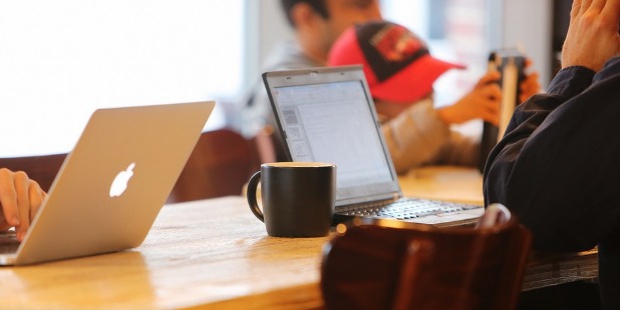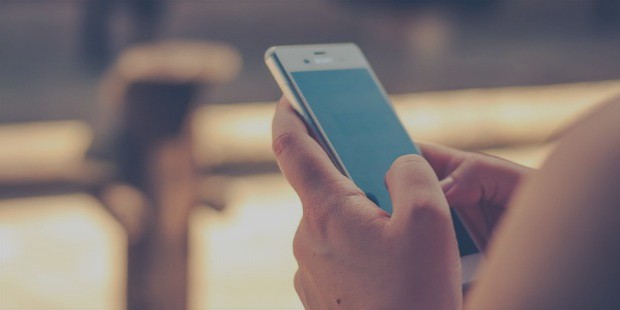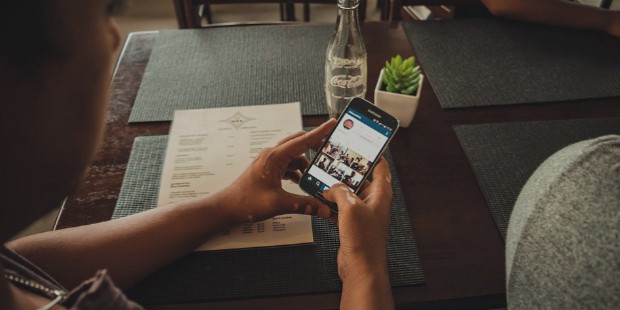Why is It Said That Bystander Effect Happens Every Day Online?

Bystander effect, also known as bystander apathy and diffusion of responsibility is the phenomenon of not offering help when there’s a large group of people present. It has been researched for several decades now and many cases have confirmed the presence of bystander effect in our daily lives. These days, a large part of our life's time is spent on the social media channels.
So is there a presence of the bystander effect online too? While it may sound bizarre, reports and studies have confirmed the presence of bystander effect online. One is likely to observe the same symptoms of bystander effect wherever they are, the same goes for online with several of the others already present.

Take a simple example. If you get a post regarding O+ blood group required immediately, you’re more likely to share it than call the person involved. Reasons? You’re sharing this with a new set of people and are already doing the job of sending the message. Another reason, O+ is the most common blood group and someone else is likely to help so there’s no need for you to be doing that. Several other cases have come up, like someone requiring some funds for a treatment and they’re short.

What subconscious mind tells the people is that since they have shared the post, they have made it reach bigger contacts. That is a bigger thing than actually helping. They try to value their contacts as well as pass the message onto the crowd wherein they become part of the bystander effect.
Some of the factors that affect bystander effect online are
1. Cloudiness

Online, it’s more important to be clearer about the need. If someone isn’t sure of what the problem is, and in fact whether there is a problem or not, they’re not likely to act. See the differences between well framed and badly framed online petitions. So if the person makes a hazy statement or leaves scope for ambiguity, then there’s lesser chance of help arriving. As is the case with bystander effect in real life.
2. Known or Unknown Contacts

If there’s a group of known people, the result is expected to be much favourable than if the people are unknown. This is same as real bystander effect wherein one is likely to get help from the known than the unknown people. There’s a psychological factor at work here. If you know someone, you’ll stop and think and help. If not, you’ll move on.
3. Diffusion of Responsibility

Social Media is a place where more people are around at the same time than at any other place. Therefore, the original concept of diffusion of responsibility is at a far greater level in social media than otherwise.
4. Trolling

Another area that social media is developing is online trolling. This is where someone is targeted needlessly with personal comments. Instead of trying to protect the trolling, everyone joins it.
The bystander effect is a reality and we can fix this only if we notice it happening around us.









